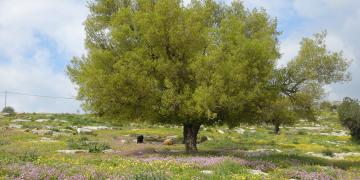Guiding framework and learning process: connecting building blocks and linking strategies
Creating a spatial baseline understanding of knowledges and potentially diverging values of stakeholders and local residents
Preferences, priorities, problem identification and tentative solutions – mapping system knowledge, target knowledge and transformative knowledge
Space for reflexivity
Building agency through facilitated knowledge co-creation
